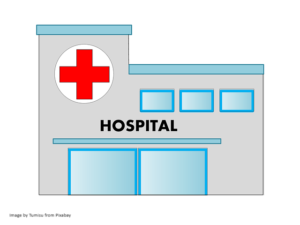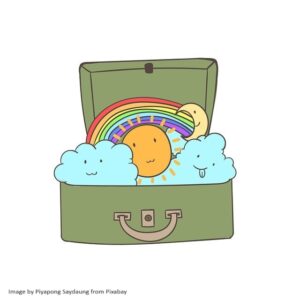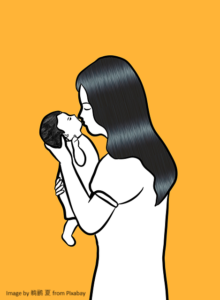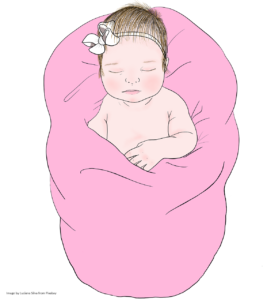 This article will help you to prepare the essential items that you need to bring to the hospital for your labour and delivery. The preparation should be done when you are about eight months pregnant. Pack the items listed in the list below in a bag and place the bag in a convenient place that is easy for you or your spouse to retrieve it when needed.
This article will help you to prepare the essential items that you need to bring to the hospital for your labour and delivery. The preparation should be done when you are about eight months pregnant. Pack the items listed in the list below in a bag and place the bag in a convenient place that is easy for you or your spouse to retrieve it when needed.
The list here is just a suggestion or a guide only, and you may make your own adjustments based on your preference. Decide which items you will need for your labour and birth, the hospital stay, and for the trip home for you and your baby.
For you
- Pre-admission is required if you have planned for an elective admission for Caesarean delivery. Please bring along these documents on the day of admission. For spontaneous vaginal birth, this is unnecessary and proceed to labour ward whenever you are in labour or need immediate attention during the antenatal period. Additional documents required: identification documents (yours and your spouse) such as identification card or passport (if you are a foreigner). The hospital needs these to issue you the necessary documents for registration of birth.
- You may visit the delivery room anytime during your antenatal check-up at the hospital. Please ask the hospital staff for the directions to the labour room.

- Antenatal card or report and other blood test reports (especially if you had your antenatal check-ups elsewhere and not in the hospital that you are planning to deliver)
- Your birth plan if you have one.
- Eyeglasses (for those who are wearing contact lenses).
- Toiletries (Pack a few personal items, such as a toothbrush and toothpaste, comb, soap and hair shampoo, facial cleanser, shower cap). Hospitals usually provide soap only, but you might prefer your own. A pre-pack toiletries kit is available for purchase in the hospital if you want it.
- Bring your own bath towel. The hospital will provide one if you request for it.

- A box of tissues. Sometimes, a pack of wet tissues can be useful.
- A sweater, especially for night use as it can be quite cold due to the air-conditioning.
- A pair of flat, comfortable shoes for walking, a pair of slippers for toilet use and a pair of socks.
- If you are on specific medications for your illnesses (other than multivitamins), please bring them along.
- Snacks (crackers, biscuits) and something to read.
- Comfortable nursing bras or regular bras.
- Hair tie if you have long hair.
- The hospital will provide hospital gowns, mesh underwear and sanitary pads while you are here. You may opt to wear your own gowns, underwear, or sanitary pads should you wish to. However, this is only allowed if you are recovering well and are already ambulating on your own.
- If you are dependent on certain equipment, you can bring it along (such as a walking aid or hearing aid).
- Charger for your electronic devices.
- Pen and a notepad – these are useful for you to jot down things that you may want to ask the doctor and to record things that you may need to remember (the do and don’t at home after discharge). You can use an electronic device for this purpose if you prefer.
- If you are using dentures, please bring the cleaning container.
- Bring a set of loose-fitting clothes to wear upon discharge.
- If you have a breast pump, you can bring it along.
For your baby
- During the stay, the hospital will provide clean baby clothes and diapers. Therefore, these items are not necessary.
- Make sure you have the appropriate infant car seat installed in your car when you bring the baby home. Have the seat properly installed ahead of time and know how to buckle in your baby correctly.
- One new set of clothes, including a soft cap, socks or booties is needed for your baby to wear home. A blanket or a large soft towel will be useful for swaddling the baby during transportation.
- One small pack of disposable nappies
What not to bring
- Jewelry
- Infant milk powder, feeding bottles and pacifiers, baby soap/body wash.
Disclaimer
This is for informational purposes only and is not intended to be a substitute for professional medical advice, diagnosis, or treatment. It is important for readers to seek proper medical advice when necessary.




